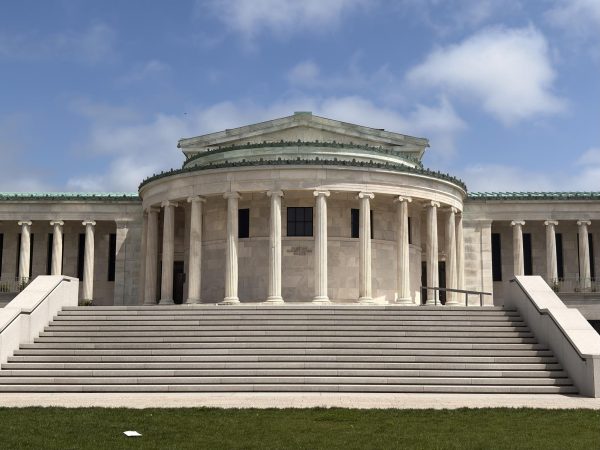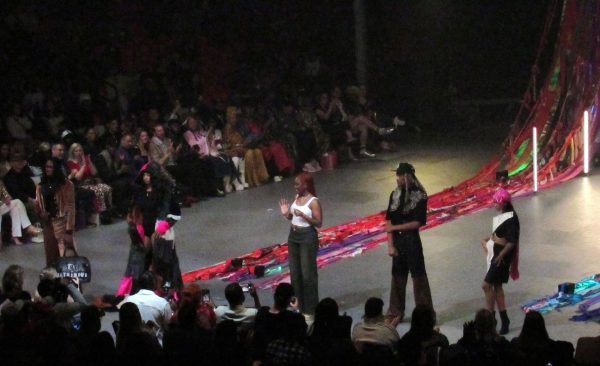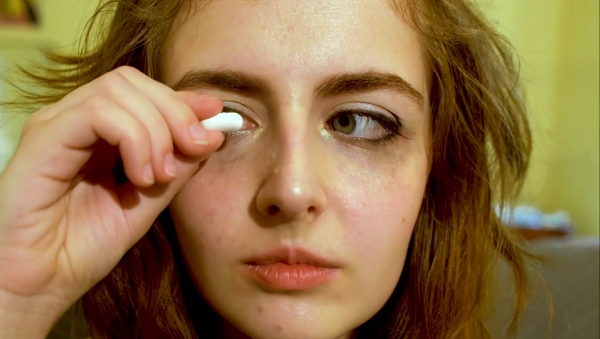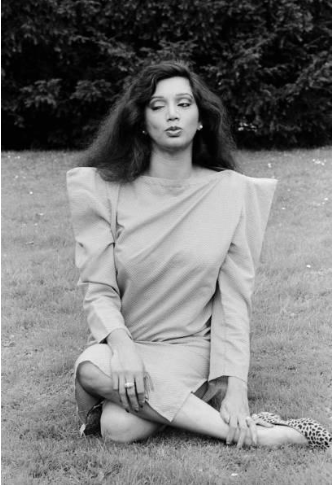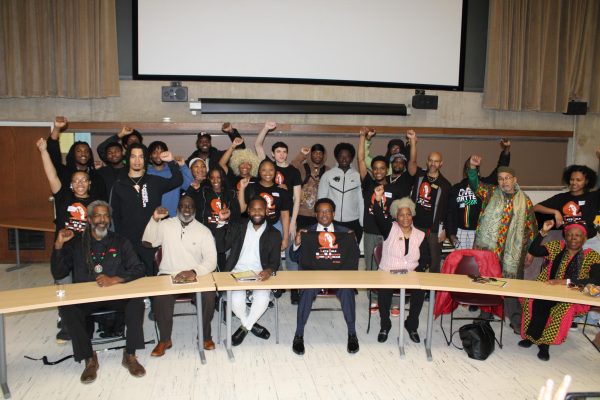Banned Books Week: broaden your mind, don’t censor it
A lot of people consider book banning something fictional itself, something out of “The X-Files” or a dystopian novel. But the reality is that it is still happening, for reasons as ridiculous as Captain Underpants’ lack of clothing, as serious as a dictator controlling the thoughts and choices of his people, and as uncomfortable as exposing a young population to a racial slur in To Kill a Mockingbird.
This week is Banned Books Week, which was created by the American Library Association, in their words, “as a reaction to the sudden surge of challenges to books in schools and libraries.” It draws attention to the more than 11,000 books challenged since its creation — many of them by concerned parents, community groups and even governments in some nations, including our own.
Books push people to think. They lead movements, inspire art and music, start revolutions, change lives and give people irreplaceable times of reflection. The fact that there are people out there looking to limit the availability of opinion and knowledge makes my stomach churn.
Even if you are not a recreational reader, many books you remember being forced to read as high school staples are commonly cut. If a teenager does not even have the chance to allow 1984 or The Great Gatsby change their lives, how can we expect them to become better citizens, neighbors and loved ones? If I couldn’t go to the library and check out A Clockwork Orange or Lolita, how am I supposed to really understand the disturbing evil and darkness covering the world? I would certainly rather learn about violence, rape and pedophilia through a novel rather than someday be shocked by reality. Hiding people from those things in fiction is ridiculous when you can just read the local crime reports or hear about Ariel Castro’s real life house of horrors in Cleveland.
Had the Harry Potter series been banned in my city or school growing up, could I be certain my parents would have blessed me with the seven books that I, in my mid-20s, still use to define myself, my morals and my standards for friendships? The thought that they could have been ripped from my life before I even knew what they were pains me. The idea that someone’s religious beliefs are so extreme they would selfishly ban something they don’t understand offends, angers and puzzles me.
Under the guise of protecting people, the censorship of books in schools and libraries really hurts the personal development of so many. Society needs to push the brains of younger people to expect them to grow into adults that keep pushing their minds forward. The more knowledge someone has the better they can understand life choices, make decisions and have a solid opinion based on all available information.
Adrienne Boudreau can be reached by email at [email protected].


